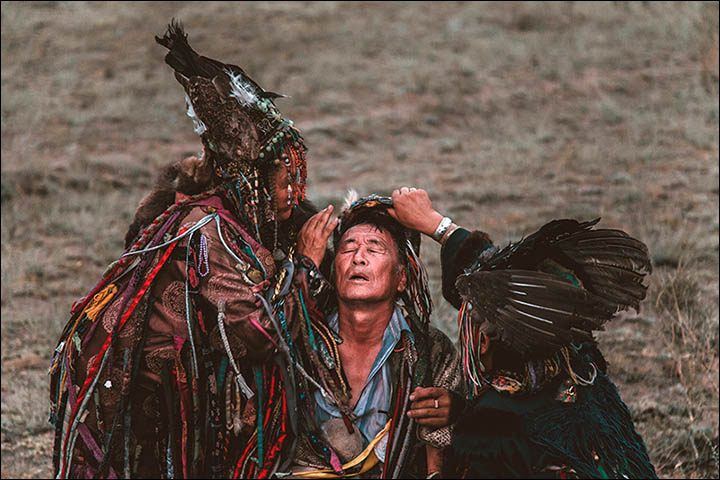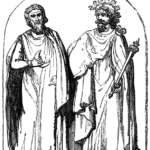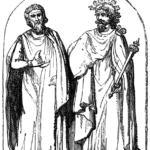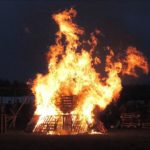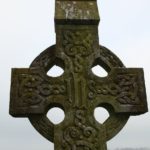When one thinks of Druids and the Celts, one generally brings to mind images of Merlin and Morganna, people in long flowing robes with extraordinary magical powers. Powers to harm or heal, powers to curse or cure. What few automatically bring to mind is their deeper, more personal mysteries. What gave the Druids their powers? With so many records and accounts destroyed or permanently altered by the Christian invaders, we can only guess based on what is actually known of the time. The solitary nature of the Druids, their affinity for nature and their seeming ability to speak to it lead to the logical conclusion that we are dealing with a form of European, and indeed, Celtic, Shamanism.
What is A Shaman
A Shaman is considered to be a person who acts as a mediator between the spiritual and material worlds. As such, shamanism can exist side by side with other spiritual beliefs without conflict. It is not, in and of itself, a religion. It does not require group participation. In fact, group participation can often be detrimental to the practice as it inhibits one from going as deep spirituality as they could. 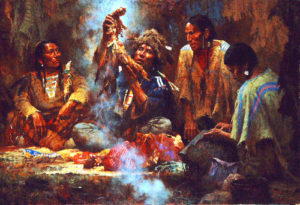
Unlike many other religious leaders, Shamans understand that there are aspects of their lives that must be brought into balance before their abilities can be used to help others. It’s a lifetime journey. One where the Shaman is constantly working to improve him/herself as well as helping others. Since all life springs first, from the spiritual realm, that area must be tended to before those on the material plane can be healed. Dedication, discipline, control, patience, and reflection are all required of the aspiring Shaman. A true Shaman tends to be a healer first, a prophet second. In fact, it’s the healing traits that are in the highest demand.
The Shaman Training
While in ancient times the training of an aspiring Shaman could be dangerous, even fatal, that is no longer the case. 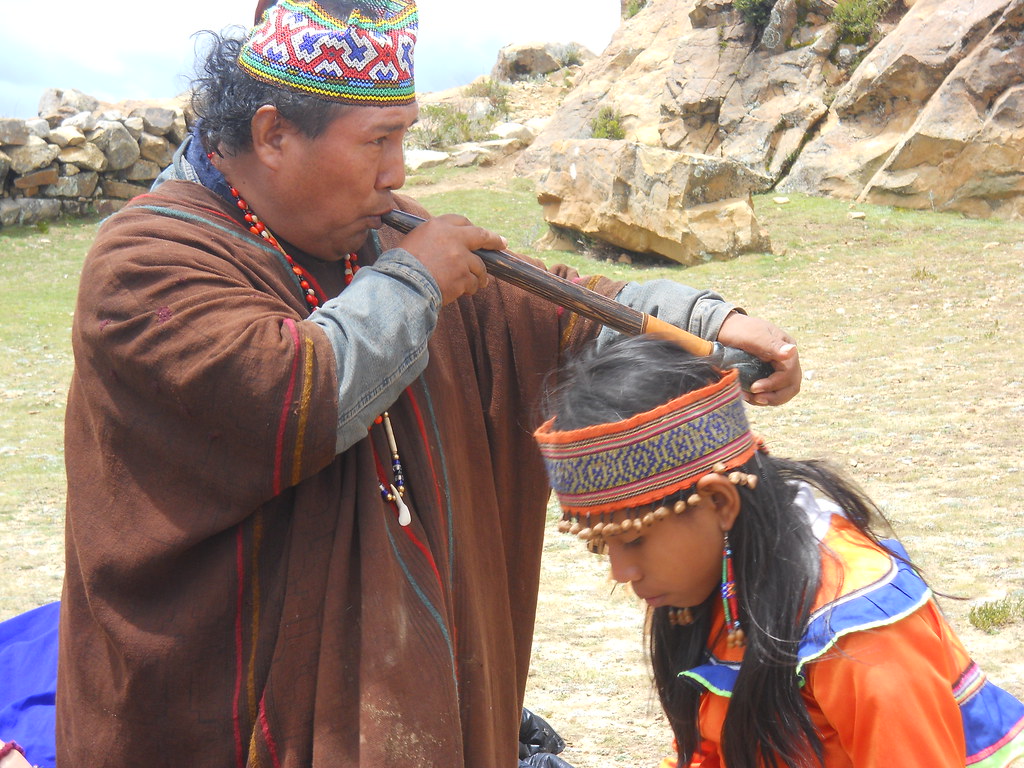 Shamanism, unlike so many other religious practices, has grown and changed with society. It had no choice. By being static it would have become useless. Training today is as easy as reading a few books, meeting with a teacher or two, or even learning from valid internet sites.
Shamanism, unlike so many other religious practices, has grown and changed with society. It had no choice. By being static it would have become useless. Training today is as easy as reading a few books, meeting with a teacher or two, or even learning from valid internet sites.
What is different about Celtic Shamanism
What is different about Celtic Shamanism as opposed to the better known Native American Shamanism? In practice not much. Many of the exercises are similar and many of the ways in which people are helped are similar. The difference is in the heritage of the Shaman. The symbols that may be encountered and the paths that may be walked may have vastly different meanings depending on the heritage of the Shaman. Many of these symbols have come about because of the personal experiences of our ancestors. Over time the Shaman will learn these. In spiritual practices where you connect with yourself many times, as, in past life healing, your own heritage and that of your past lives come into play a great deal. These things must be taken into account on a continual basis. It is a lifetime journey and not something possible to accomplish overnight.
If this is a path you wish to examine further then I urge you to read everything you can on the subject. It’s a fascinating study into the deepest workings of the human soul and the part we play in the universe.

